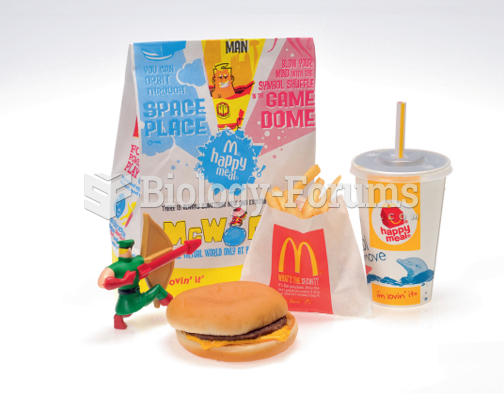|
|
|
It is widely believed that giving a daily oral dose of aspirin to heart attack patients improves their chances of survival because the aspirin blocks the formation of new blood clots.
Symptoms of kidney problems include a loss of appetite, back pain (which may be sudden and intense), chills, abdominal pain, fluid retention, nausea, the urge to urinate, vomiting, and fever.
When taking monoamine oxidase inhibitors, people should avoid a variety of foods, which include alcoholic beverages, bean curd, broad (fava) bean pods, cheese, fish, ginseng, protein extracts, meat, sauerkraut, shrimp paste, soups, and yeast.
The FDA recognizes 118 routes of administration.
Critical care patients are twice as likely to receive the wrong medication. Of these errors, 20% are life-threatening, and 42% require additional life-sustaining treatments.
 Upper Paleolithic stone tools include blade-based tools as seen here being produced from a blade cor
Upper Paleolithic stone tools include blade-based tools as seen here being produced from a blade cor
 When young infants hold objects for a long period of time they eventually become habituated to them.
When young infants hold objects for a long period of time they eventually become habituated to them.





